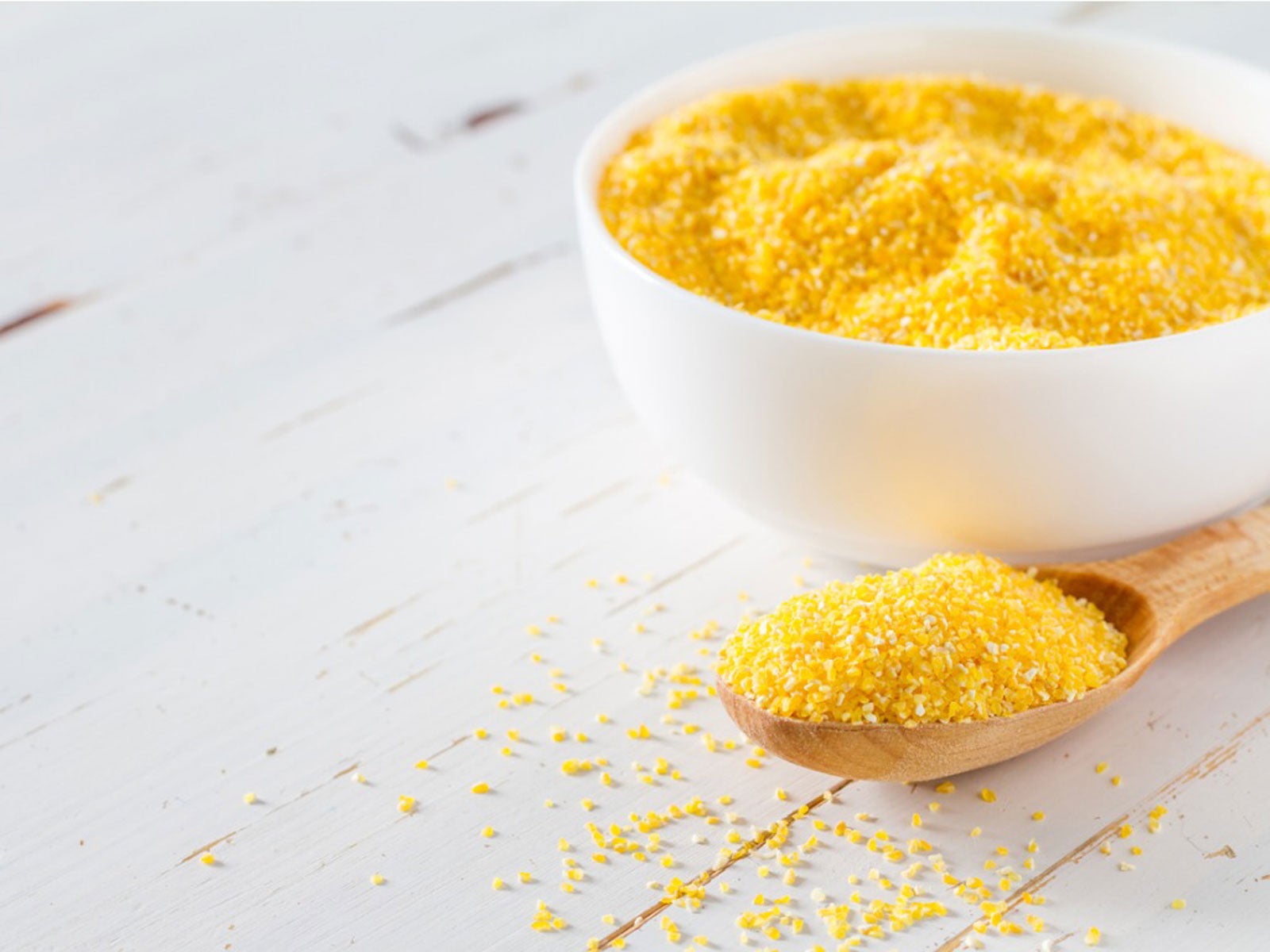Cornmeal As Weed Killer And Pest Control: How To Use Cornmeal Gluten In The Garden

Cornmeal gluten, commonly referred to as corn gluten meal (CGM), is the by-product of corn wet milling. It is used to feed cattle, fish, dogs, and poultry. Gluten meal is known as a natural substitute for chemical pre-emergent herbicides. Using this cornmeal as weed killer is a great way to eradicate weeds without the threat of toxic chemicals. If you have pets or small children, gluten meal is a great option.
Gluten Cornmeal as Weed Killer
Researchers at Iowa State University discovered by accident that cornmeal gluten acts as an herbicide while they were doing disease research. They saw that corn gluten meal kept grass and other seeds, such as crabgrass, dandelions, and chickweed from sprouting.
It is important to note that cornmeal gluten is only effective against seeds, not plants that are mature, and is most effective with corn gluten having at least 60% proteins in it. For annual weeds that are growing, plain cornmeal products will not kill it. These weeds include:
Perennial weeds will not be damaged either. They pop back up year after year because their roots survive under the soil over winter. Some of these include:
However, cornmeal gluten will stop the seeds that these weeds shed in the summer so that the weeds will not increase. With consistent use of gluten meal products, these weeds will gradually decline.
How to Use Cornmeal Gluten in the Garden
Many people use corn gluten on their lawns, but it can be safely and effectively used in gardens as well. Using gluten cornmeal in gardens is a great way to keep weed seeds from sprouting and will not damage existing plants, shrubs, or trees.
Be sure to follow the application instructions on the package and apply before weeds start to grow. Sometimes this can be a very tight window, but is best done in early spring. In flower and vegetable beds where seeds are sown, be sure to wait to apply at least until the seeds are grown up a bit. If applied too early, it can prevent these seeds from sprouting.
Sign up for the Gardening Know How newsletter today and receive a free copy of our e-book "How to Grow Delicious Tomatoes".
Tip: If you have large areas to cover, you can try a spray form for ease of application. Apply every four weeks, or after heavy rains, during the growing season to maintain effectiveness.